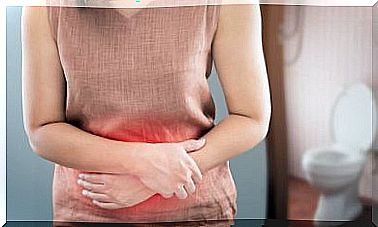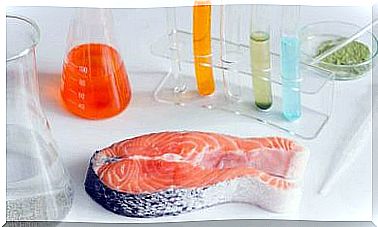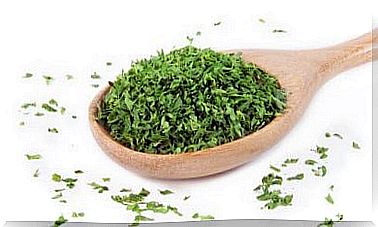How Your Organs And Emotions Are Related
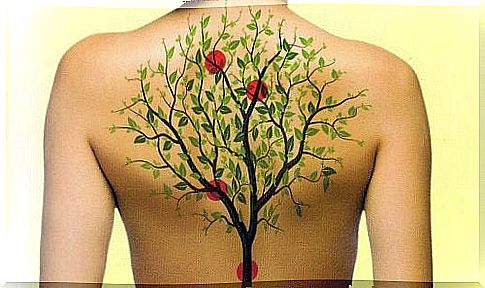
Have you ever wondered how your organs and emotions are related? According to ancient Chinese medical science, our body automatically responds to any stimulus – internal and external. This generates a range of different reactions.
Obviously, our bodies are not built to just perform basic metabolic functions, such as transforming food into energy to keep us alive.
In fact, they have to process all the different stimuli they receive. Then they have to come up with a positive or negative response. This reaction has a natural effect on all organs that make up the body.
In addition to all the physical stimuli that the body receives thanks to the nervous system, we also experience emotions or feelings. Even if they don’t seem to have an obvious effect, they still provoke reactions that can stimulate or get in the way of our organs.
While this is normally a healthy process, emotions can also have a damaging and negative effect on our organs if they are very strong. This can make us more vulnerable to some diseases.
In this article, we will explore the topic of organs and emotions further.
How the organs and emotions are related

According to traditional medical science, the process of wear and tear on any organ is directly related to the emotions and feelings we experience.
If one organ is affected, it can throw the whole body out of balance. That is why it is of the utmost importance that we can identify the emotional cause. That way we can try to solve it.
What this actually means is that we should try to change our emotional state. In addition, we should try to use positive thinking patterns.
Below, we’ll look specifically at a few organs and emotions and how they relate to each other.
1. The Heart and Small Intestine: Joy

According to ancient Chinese medical science , joy is most closely related to these two organs.
The heart is responsible for blood circulation and blood vessel control, along with a number of other things. In addition, the function of the small intestine is to process nutrients and minerals that enter the body through our food intake.
While a healthy emotion like joy can stimulate these organs and their functions, excess can cause:
- Nervousness
- Cardiac arrhythmias
- Insomnia
- Lack of concentration
People who suffer from affected organs tend to be sensitive, outgoing and talkative people. They are often overwhelmed by their own emotions. In addition, they may struggle to keep their emotions in check.
Learning to deal with feelings of euphoria, irritation, enthusiasm and an abundance of emotions will promote the healthy functioning of these organs. After all, their health is vital for our entire body.
2. Liver and Gallbladder: Anger and Anger

Anger and anger, along with all the other emotions associated with them, are connected to these two organs.
Your liver stores blood and regulates the circulation of vital energy. In addition, your gallbladder is responsible for producing and secreting bile.
If you are someone who has problems with these particular organs, you may be a dynamic person who tends to be overly troubled by worry. You can even react aggressively to it at times.
In addition to anger and anger, you should also try to identify and deal with feelings of frustration and irritation. It should be remembered that a healthy functioning liver produces a restorative and then liberating energy.
3. Spleen and Stomach: Obsession
These specific organs are associated with obsession, nostalgia and reflection.
Although the stomach is responsible for generating nutrition, the spleen is part of the lymphatic system that fights infection and regulates the balance of body fluids.
People who suffer from conditions related to these organs are normally calm and calm, but they often have trouble making decisions.
4. Lungs and the Large Intestine: Grief

These two organs are strongly linked to feelings of melancholy, sadness and grief.
The main function of the lungs is to regulate breathing. The colon plays a key role in digestion. This organ is therefore responsible for the absorption of nutrients. In addition, it contributes to the maintenance of the body’s immune system.
If you experience problems with these organs, it may be that you are an independent and very rational person and that you do a lot of self-reflection. The result of too much self-reflection can be physical. Some people experience a lack of appetite, chest tightness and a general sense of apathy.
5. Kidneys and Bladder: Anxiety
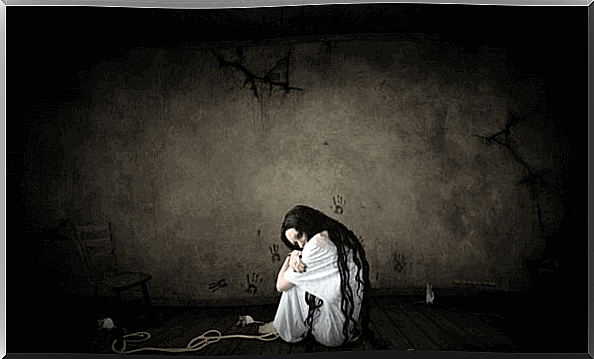
The kidneys are strongly associated with feelings of anxiety and nervousness. Their physical tasks include removing waste products from the blood. The bladder is also responsible for storing and draining urine.
People who suffer from lower back pain and weakness may go through a period of uncertainty in their lives. These lower back problems are also often accompanied by a number of other symptoms, such as
On the other hand, a good balance of the energy of your kidneys can help to boost your confidence in your own abilities.
So now that you know which organs and emotions are connected, you can focus on starting with positive thinking patterns. This will make your body better able to heal itself.



